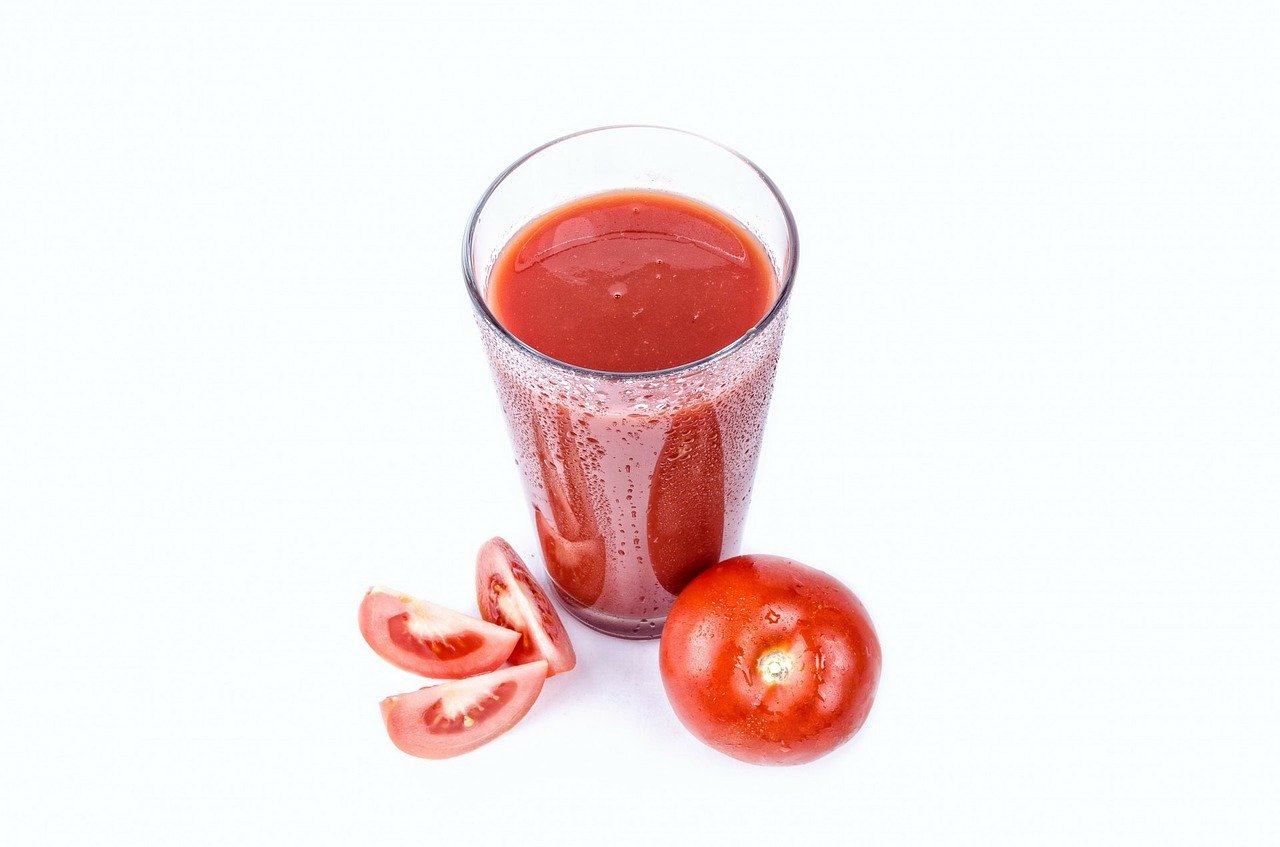In April 2020 researchers from Iran and Puerto Rico published their review of the medical scientific literature to assess the effect of different dietary approaches on systolic and diastolic blood … Read more
The Mediterranean diet, which is rich in plant-based foods such as wholegrains, legumes, fruit, vegetables, extra-virgin olive oil with a reduced consumption of red meat and sugar-sweetened drinks, may help to reduce the risk of rheumatoid arthritis
In November 2018 researchers from the UK published their review on diet and the risk of rheumatoid arthritis. There is an increasing amount of evidence which suggests that dietary factors … Read more
Food additives are one of the factors in ultra-processed foods causing concern, for whilst some food additives can be beneficial for human health, others may alter the composition of the gut microbiota and lead to inflammation, which in turn may lead to different forms of inflammatory disease
In October 2019 researchers from Qatar published their review of the association between a Western diet and chronic diseases. A Western diet is characterised by a high intake of energy-dense … Read more
Specific dietary factors and dietary patterns alter the gut microbiota profile, which is an essential factor in the development and progression of obesity
In December 2019 researchers from South Korea published their review on the effect of diet on the gut microbiota and how it is associated with obesity. Obesity is described as … Read more
Vegetarian diets in childhood and adolescence: Position Paper of the Nutrition Committee, German Society for Paediatric and Adolescent Medicine 2019
In November 2019 researchers from Germany, on behalf of the Nutrition Committee of the German Society for Paediatric and Adolescent Medicine, published a Position Paper on the use of vegetarian … Read more
A vegetarian/vegan diet is effective in promoting a diverse ecosystem of beneficial bacteria to support both the human gut microbiome and overall health
In April 2019 researchers from Slovakia and the USA published a review on the effect of vegetarian and vegan diets on gut microbiota. Whilst humans are about 99.9% identical to … Read more
A 200-250ml glass of tomato juice either meets or exceeds the recommended daily intake of lycopene, 20% of the recommended daily intake of vitamin A, 12-15% of potassium and copper, and about 5% of magnesium, iron, manganese and phosphorus
In February 2018 researchers from the Russian Federation published the nutritional profile of tomato juice. Tomato juice is a significant source of antioxidants – carotenoids and vitamin E, as well … Read more
Reducing animal protein intake and egg yolk and increasing intake of fruits and vegetables and fibre may prevent or delay end-stage renal disease
In November 2019 researchers from the USA published their review of the potential mechanisms whereby several key characteristics of the typical Western diet may impact kidney disease incidence and progression. … Read more
Increased carbohydrate and fibre intake, as part of a plant-based high-carbohydrate, low-fat diet, are associated with a reduction in weight, BMI and fat mass and improved insulin resistance
In September 2018 researchers from the USA published the results of their study to assess the role of changes in carbohydrate intake on body composition and insulin resistance in overweight … Read more
Although both the Mediterranean and vegan diets appear to reduce the risk of cardiovascular disease, evidence is stronger for the Mediterranean diet
In December 2018 researchers from the UK published the results of their study which compared the effects of the Mediterranean diet and vegan diet on microvascular function and cholesterol levels. … Read more
A Mediterranean style diet is beneficial for individuals with diabetes type 2
In August 2018 researchers from Italy published the results of their study to assess the association between a Mediterranean dietary pattern and its individual components with the cardiovascular risk factors, … Read more
Smoothies may potentially have a positive effect on glycaemic response and may contribute to daily fibre requirements
In February 2019 researchers from the UK published the results of their study to assess the glycaemic index and load of two commercial fruit smoothies and the amount of dietary … Read more
A diet with a low glycaemic index is more effective in controlling HbA1c levels and fasting blood glucose than high glycaemic index diets in individuals with diabetes type 2
In March 2018 researchers from the UK, Nigeria and China published their review of the medical scientific literature to assess the effect of a low-glycaemic index diet in individuals with … Read more
Longer TV viewing time and higher computer use appears to be associated with a lower intake of protein, minerals, vitamins and dietary fibre in children and adolescents
In August 2018 researchers from Japan published the results of their study to assess the relationship between screen time (television viewing, and personal computer use mobile phone use) and nutrient … Read more














